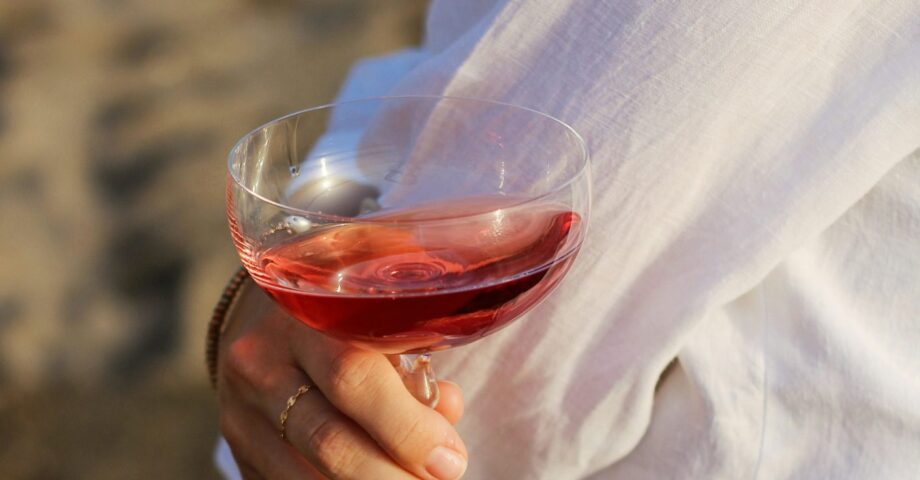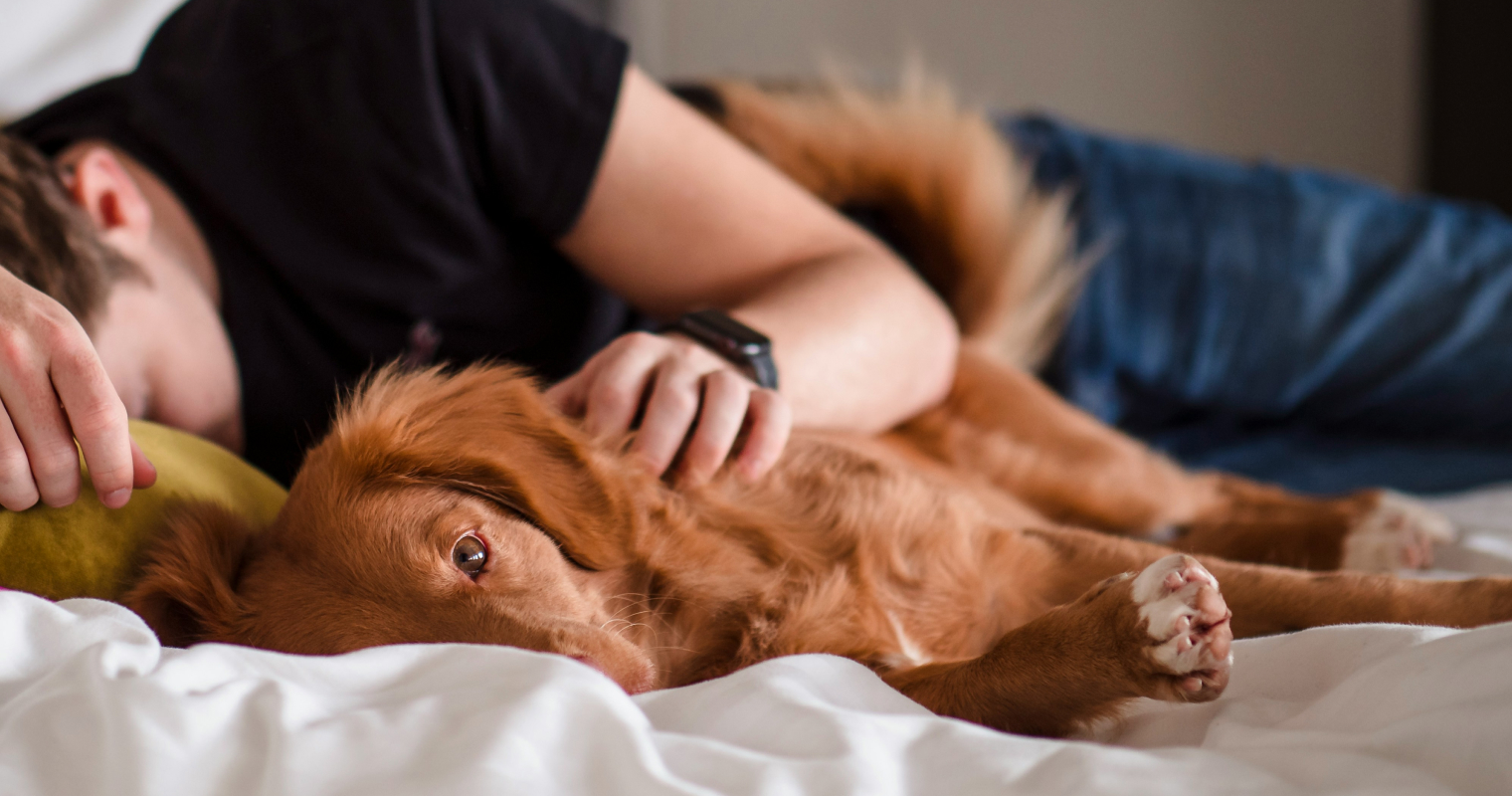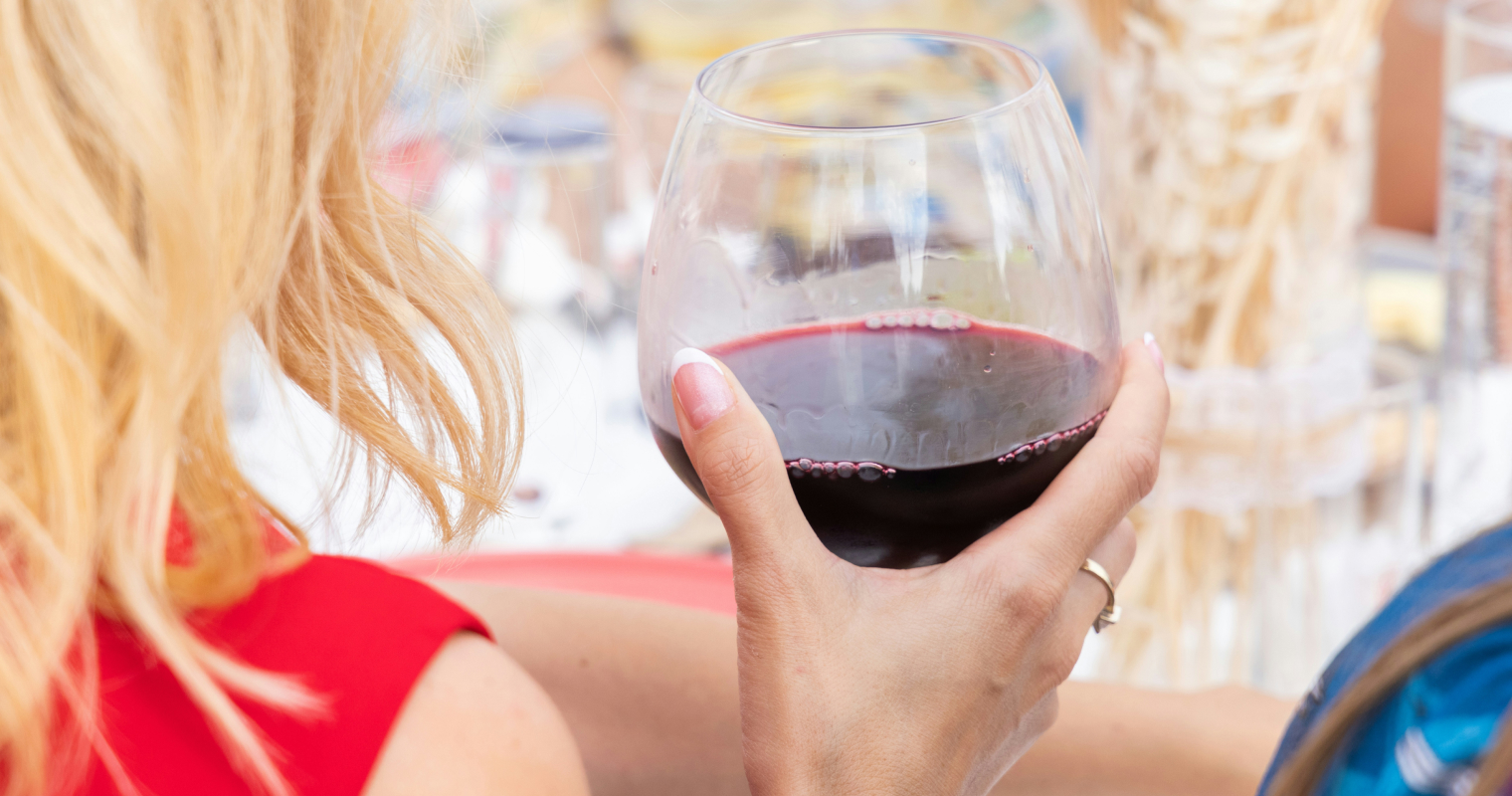Last Updated on May 14, 2025
Ever wonder why that first drink feels so good, but the next few don’t hit the same? The answer lies in part with dopamine, and understanding how alcohol and dopamine interact can profoundly change the way you think about drinking.
Watch The Related Podcast
What Is Dopamine?
Dopamine is often called the “feel-good” chemical, but it’s more accurate to think of it as the brain’s motivation and reward messenger, reinforcing behaviors by creating a sense of pleasure and anticipation. When you eat a delicious meal, finish an invigorating workout, or receive a compliment, your brain releases dopamine as a way of saying, “Let’s do that again.”
But dopamine isn’t just about feeling good in the moment. It’s also tied to learning and memory, helping your brain track which behaviors lead to rewards, making you more likely to repeat them.
That’s wonderful when it comes to healthy habits. Not always so great when it comes to alcohol.
How Alcohol Tricks Your Brain
Alcohol creates a dopamine surge far beyond what your brain would release naturally. This artificial spike makes your brain tag drinking as a highly rewarding experience.
Alcohol doesn’t just boost dopamine temporarily. Over time, it actually starts to change how your brain’s dopamine system works. With repeated use, your brain becomes less sensitive to natural dopamine triggers—and even to alcohol itself.
The Motivation System Gets Hijacked
Dopamine can help you pursue meaningful goals: finishing a project, learning a new skill, or connecting with friends. But when alcohol repeatedly floods the system, it hijacks your brain’s motivational circuitry.
Then, your brain starts to prioritize alcohol. This doesn’t mean you’re weak or lack willpower. Your brain is simply rewired: It’s learned to chase the next drink.
This explains why people often say, “I don’t even enjoy it anymore, but I keep drinking.” The reward becomes the relief of avoiding discomfort, not the drink itself.
Tolerance, Blunted Joy, and the Dopamine Deficit
As your brain adjusts to frequent alcohol-induced dopamine spikes, it reduces the number of dopamine receptors or dulls their sensitivity. This is your brain trying to protect itself from overstimulation.
The result? You build tolerance, which means you’ll need more alcohol to achieve the same effect. But even then, the buzz isn’t what it used to be. Meanwhile, activities that once gave you joy may start to feel flat or unfulfilling.
This dopamine imbalance can create a vicious cycle. You drink to feel better, but your baseline mood drops, so you drink more to chase a feeling that never quite returns.
Withdrawals, Cravings, and Dopamine Crashes
When you cut back, your brain doesn’t instantly bounce back. Because your natural dopamine system has been suppressed, you may experience:
- Low mood
- Fatigue
- Lack of motivation
- Strong cravings
This isn’t failure; it’s neuroscience. Your brain is adjusting to life without artificial stimulation, and it takes time for dopamine levels and receptor sensitivity to normalize.
The good news? The brain is incredibly adaptive. With consistency, support, and healthy behaviors, your natural dopamine system can recover.
Reclaiming Your Dopamine
So, how do you reset your reward system and reclaim motivation and joy? It starts by intentionally retraining your brain to find pleasure in natural, sustainable ways.
Science-backed strategies to help:
1. Engage in “Dopamine Smart” Activities
Exercise, social connection, creative expression, and time spent in nature all trigger dopamine in healthy doses. They don’t create artificial spikes, so they support long-term balance instead of burnout.
Try:
- A brisk walk outdoors
- Journaling or drawing
- Dancing to your favorite playlist
- Calling a friend for a real conversation
2. Delay Gratification to Rebuild Sensitivity
Dopamine has a lot to do with reward, but it’s also about anticipation. When you delay gratification, you teach your brain to work for rewards again, strengthening motivation pathways.
This might look like:
- Setting a goal to look forward to
- Practicing small acts of self-discipline, like finishing a task before checking your phone
- Celebrating progress, not just end results
3. Practice Mindfulness
Cravings are often your brain’s way of requesting a dopamine hit. When you practice mindfulness, though, you create space between the craving and the response.
Simple mindfulness tools:
- Deep breathing for 60 seconds
- A body scan meditation
- Pausing to name what you’re feeling
4. Stick With It, Even When It’s Boring
One of the most complex parts of changing your relationship with alcohol is the initial flatness, when life feels dull or unexciting. But this is precisely when your brain is rebuilding its dopamine system.
Boring isn’t bad. Boring is often healing.
Over time, you’ll start to notice color and texture returning to your life. Joy will feel more genuine. Motivation will come from within!
Alcohol hijacks your dopamine by creating artificial highs and long-term lows. It rewires your motivation system, dulls your natural pleasures, and traps you in a loop of chasing relief.
But by understanding how this system works—and supporting your brain’s ability to heal—you can break the cycle. Get started with a 15-day free trial of Sunnyside.

What is Sunnyside?
Sunnyside is a mindful drinking and alcohol moderation app that can help change your habits around alcohol using a proven, science-backed method. Whether you want to become a more mindful drinker, drink less, or eventually quit drinking, Sunnyside can help you reach your goals. We take a positive, friendly approach to habit change, so you never feel judged or pressured to quit.
When you join Sunnyside, you’ll start by completing a 3-minute private assessment so we can learn a bit about you. Once that’s done, you’ll get a 15-day free trial to test out everything, including our daily habit change tools, tracking and analytics, community and coaching, and education and resources. It’s a full package designed specifically to adapt to your goals, and help you reach them gradually, so you can make a huge impact on your health and wellbeing.
Sunnyside is a digital habit and behavior-change program that is incredibly effective on its own, but can also be the perfect complement to other work you’re doing to cut down on drinking, whether that includes talk therapy or medication such as Naltrexone.
Get your 15-day free trial of Sunnyside today, and start living your healthiest life.




